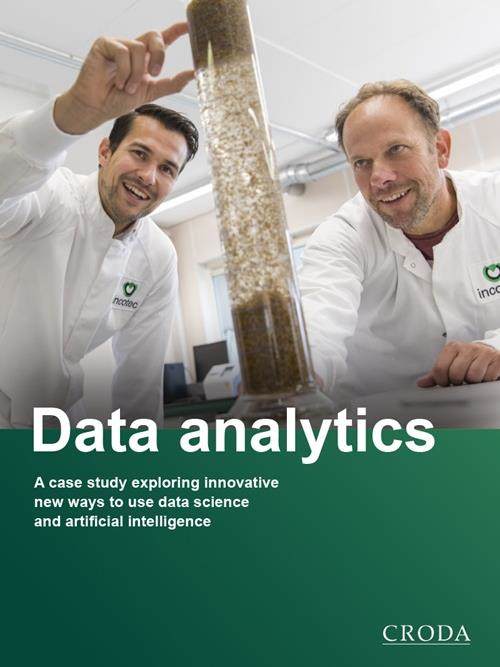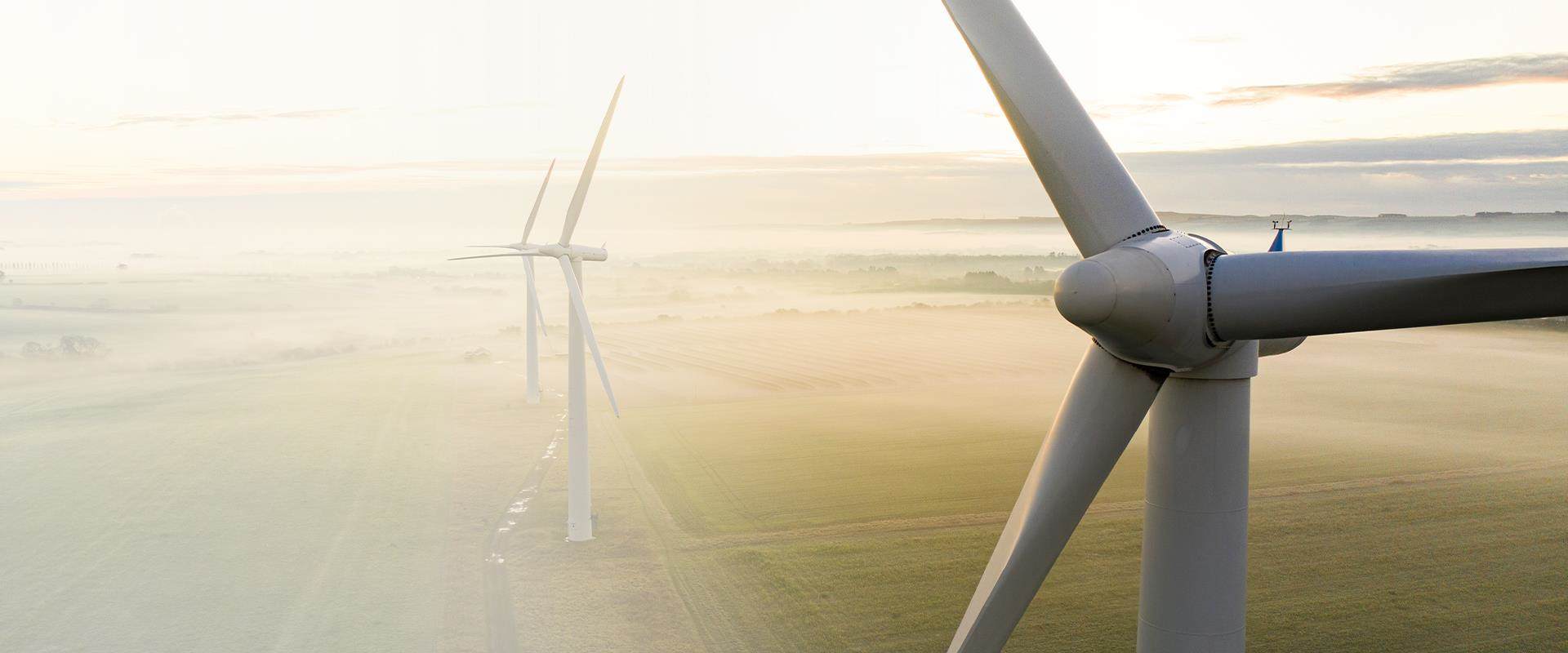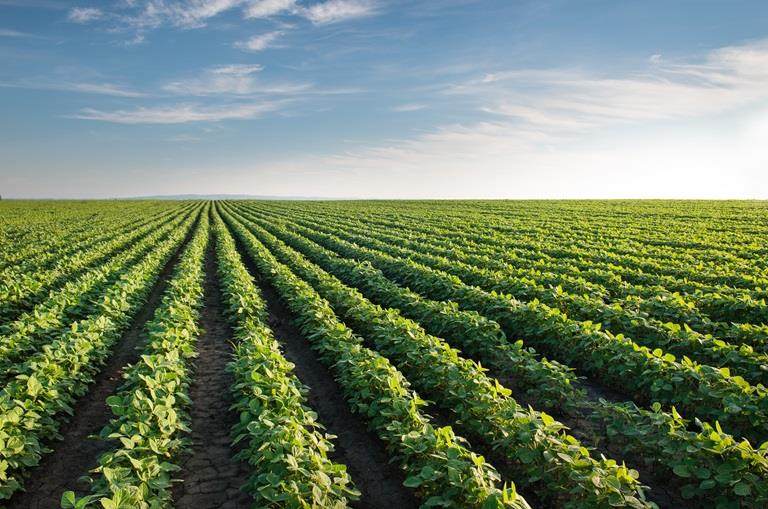Data analytics
We are pioneering the use of data science and artificial intelligence (AI) across Croda, by exploring innovative ways to use this technology.
Beyond boundaries home
Igniting innovation for a sustainable future
Croda is pioneering the use of data analytics and artificial intelligence (AI) across its business - from internal operations, to helping customers achieve both commercial and sustainability goals. By exploring innovative new ways to use this technology, it has saved millions of pounds through targeted customer retention; reduced environmental impact by lowering the amount of land tomato farmers need to grow flourishing crops; and cut the time its scientists need to identify effective formulations for personal care products - from years to days. It is one of very few companies in this sector to investigate the potential applications of data analytics to this extent.
Below you will find a series of content as part of our ‘Beyond Boundaries’ campaign that explores how data and analytics is being used at Croda to provide positive environmental and commercial outcomes for the industries it serves.
Beyond boundaries podcast: Data and analytics
Beyond boundaries: Data analytics

Data analytics explained by our experts


 ;
;